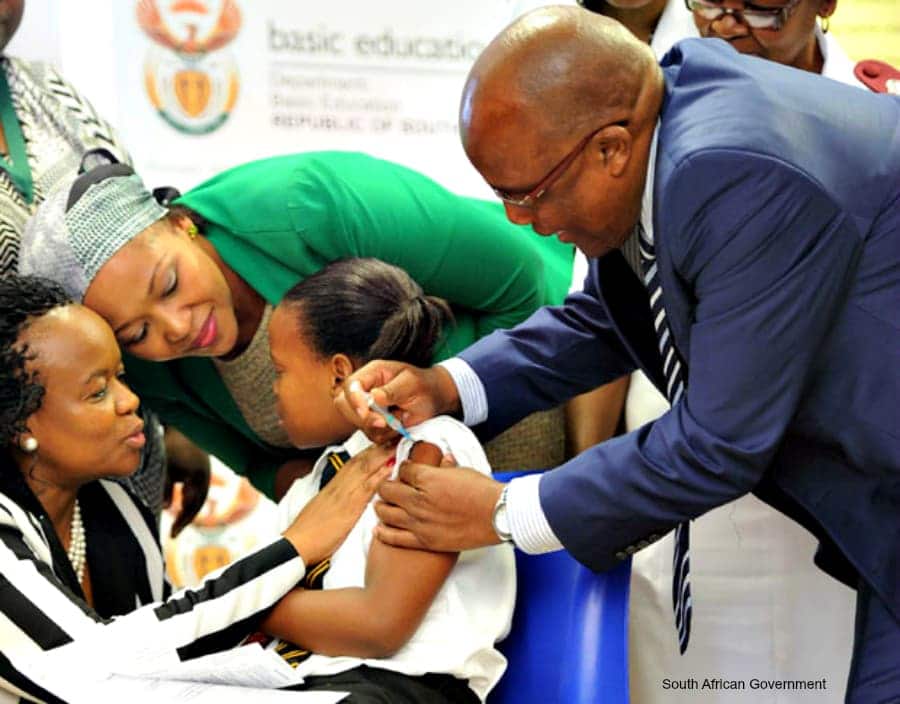Nepad failure to engage with HIV is “disastrous”
MAPUTO: The failure of the New Partnership for Africa’s Development (Nepad) to address HIV/AIDS, while at the same time encouraging economic progress, is “potentially disastrous”, according to Metropolitan’s AIDS strategist, Stephen Kramer.
As Nepad’s efforts to coordinate African development created jobs and opportunities, those who benefited may become more vulnerable to HIV/AIDS, Kramer told the
Metropolitan African AIDS Conference in Maputo.
“Nepad hardly mentions HIV/AIDS. In its initial documents, it is mentioned once,” said Kramer. “Yet Nepad is doing a great deal to coordinate action in sectors such as
agriculture and telecommunication.
“If it doesn’t address HIV/AIDS but creates jobs and opportunities, this will bring greater inequality to communities, which is a risk factor for HIV. But if Nepad intergrates HIV/AIDS programmes into its work, it could be very effective.”
A number of studies have shown that, where there is social inequality, those with money often have more sexual partners and this makes them vulnerable to HIV infection.
The Mozambican economy is starting to develop, but this could also bring with it more HIV infection unless managed properly, said Kramer.
The Maputo Corridor had resulted in more truck drivers moving between South Africa and Mozambique and it was now easier to move between the two countries. In addition, developments such as the aluminium smelter Mozal, and an oil pipeline meant that workers with money were coming into contact with very poor rural communities. “What impact is this having on the spread of HIV/AIDS?” asked Kramer.
Mozambique’s national health director, Dr Alexander Manuel, told the conference that his country had an HIV prevalence of 13.5% and was seeing “lots of deaths, especially in strategic sectors such as health and education”.
“This is having dramatic consequences for families and the economy,” said Manuel. “HIV/AIDS should be a priority in the development of Africa, as it is making governments fail to improve the quality of life of their people.”
He appealed for African governments to work together to facilitate better access to antiretroviral drugs.
This is particularly relevant to South Africa, which is poised to make the drugs available in public health, as is the case in Botswana.
Unless there is regional cooperation, South Africa may be flooded by non-citizens with HIV/AIDS seeking free treatment.
E-mail Kerry Cullinan
Author

Kerry Cullinan is the Managing Editor at Health-e News Service. Follow her on Twitter @kerrycullinan11
Republish this article
This work is licensed under a Creative Commons Attribution-NoDerivatives 4.0 International License.
Unless otherwise noted, you can republish our articles for free under a Creative Commons license. Here’s what you need to know:
You have to credit Health-e News. In the byline, we prefer “Author Name, Publication.” At the top of the text of your story, include a line that reads: “This story was originally published by Health-e News.” You must link the word “Health-e News” to the original URL of the story.
You must include all of the links from our story, including our newsletter sign up link.
If you use canonical metadata, please use the Health-e News URL. For more information about canonical metadata, click here.
You can’t edit our material, except to reflect relative changes in time, location and editorial style. (For example, “yesterday” can be changed to “last week”)
You have no rights to sell, license, syndicate, or otherwise represent yourself as the authorized owner of our material to any third parties. This means that you cannot actively publish or submit our work for syndication to third party platforms or apps like Apple News or Google News. Health-e News understands that publishers cannot fully control when certain third parties automatically summarise or crawl content from publishers’ own sites.
You can’t republish our material wholesale, or automatically; you need to select stories to be republished individually.
If you share republished stories on social media, we’d appreciate being tagged in your posts. You can find us on Twitter @HealthENews, Instagram @healthenews, and Facebook Health-e News Service.
You can grab HTML code for our stories easily. Click on the Creative Commons logo on our stories. You’ll find it with the other share buttons.
If you have any other questions, contact info@health-e.org.za.
Nepad failure to engage with HIV is “disastrous”
by Kerry Cullinan, Health-e News
November 4, 2003



